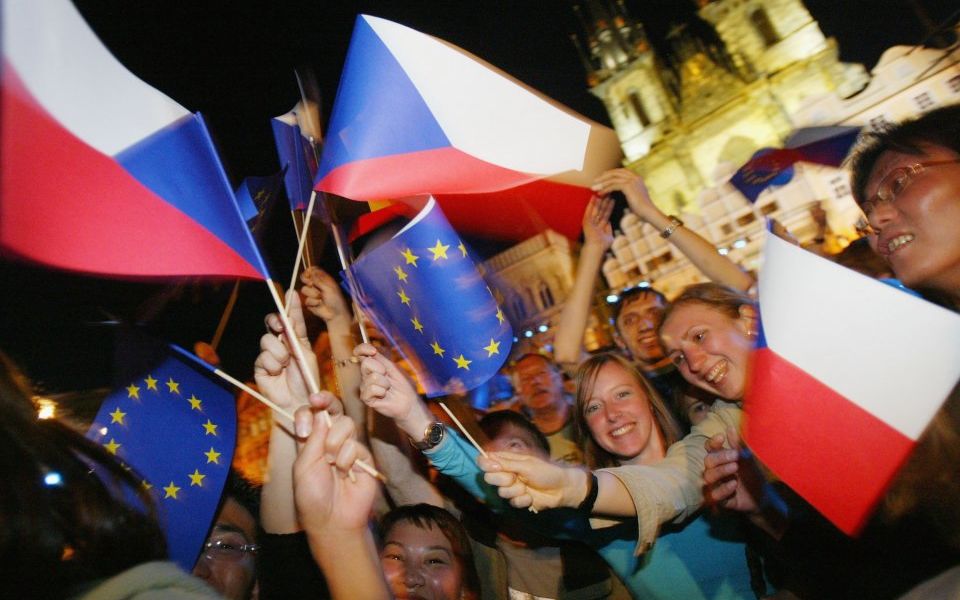
The EU is set to suffer in the Czech Republic election

This year could be a tough test for the European Union (EU). Not only does it have Brexit looming over the horizon and a stubborn unemployment, but it also faces yet more potentially destabilising elections.
Much has been written on the Italian parliamentary vote in March for its potential consequences for the Euro, but the EU’s next problem is a bit more pressing.
The Czech Republic goes to the polls this Friday and Saturday to elect its President, and the front-runner is incumbent Milos Zemen. There won’t be a winner this weekend because it’s highly unlikely that any candidate, even the popular Zemen, who was Prime Minister from 1998 to 2002, will get more than 50% of the vote in this round.
There’ll be a run-off in 2 weeks where Zemen could win a 2nd term. He’s currently polling at about 47.5%. It’s important for many reasons. Czech Republic is part of the Visegrad Group (V4), made up of 4 Eastern European countries that also includes Poland, Hungary, and Slovakia.
The V4 have opposed the EU on fundamental issues, most notably the refugee crisis where they have refused to accept relocation quotas. The matter is so severe the EU has begun legal action against the bloc.
Zemen is one of many voices that reject the EU’s policy, citing fears of terrorist attacks if the Czech Republic accepts it. His rhetoric sticks out even when compared to other V4 leaders, such as Hungary’s Viktor Orban and Poland’s Beata Szydlo, drawing comparisons with Donald Trump.
The similarities with the US President, some might say, don’t end there. Zemen opposes the EU’s stance on Russia; he wants to cut back on sanctions against the Kremlin and improve relations. Perhaps the most remarkable thing is that as Prime Minister he was a vehement supporter of European integration. He justifies his changing position by claiming EU membership hasn’t lived up to what most Czechs expected.
His apparent enthusiasm for a shift eastward is consistent with the rest of the V4 which has tried to push the EU towards greater cooperation with Russia and Central Asia, including recognising Moscow’s authority in Crimea.
All this makes Brussels and elsewhere nervous that Russia is influencing the Czech elections through online disinformation. Moscow has already been accused of the same meddling elsewhere, most infamously the 2016 US Presidential Election and the UK’s EU referendum.
The Czech President has little legislative power but the office is highly respected and influential. Should Zemen win as expected it wouldn’t be so much a new populist wave but a hardening of anti-establishment sentiment in the V4. The Czech Prime Minister, Andrej Babis, holds many of the same views as Zemen.
Babis was elected last October and is already facing a vote of no confidence over fraud allegations. He could well lose the vote but stay in office because the right to dismiss the government lies with the President. Zemen has already hinted he will let Babis remain as Prime Minister.
As things stand, there aren’t many calls for the Czech Republic to leave the EU, but if Zemen wins, it’s going to be an opponent of many of its critical policies for some time, even the integration process itself. With even bigger elections coming this year, the EU could suffer in the long run.
To find out how INFINOX Capital can help you reach your financial goals, visit www.infinox.com.